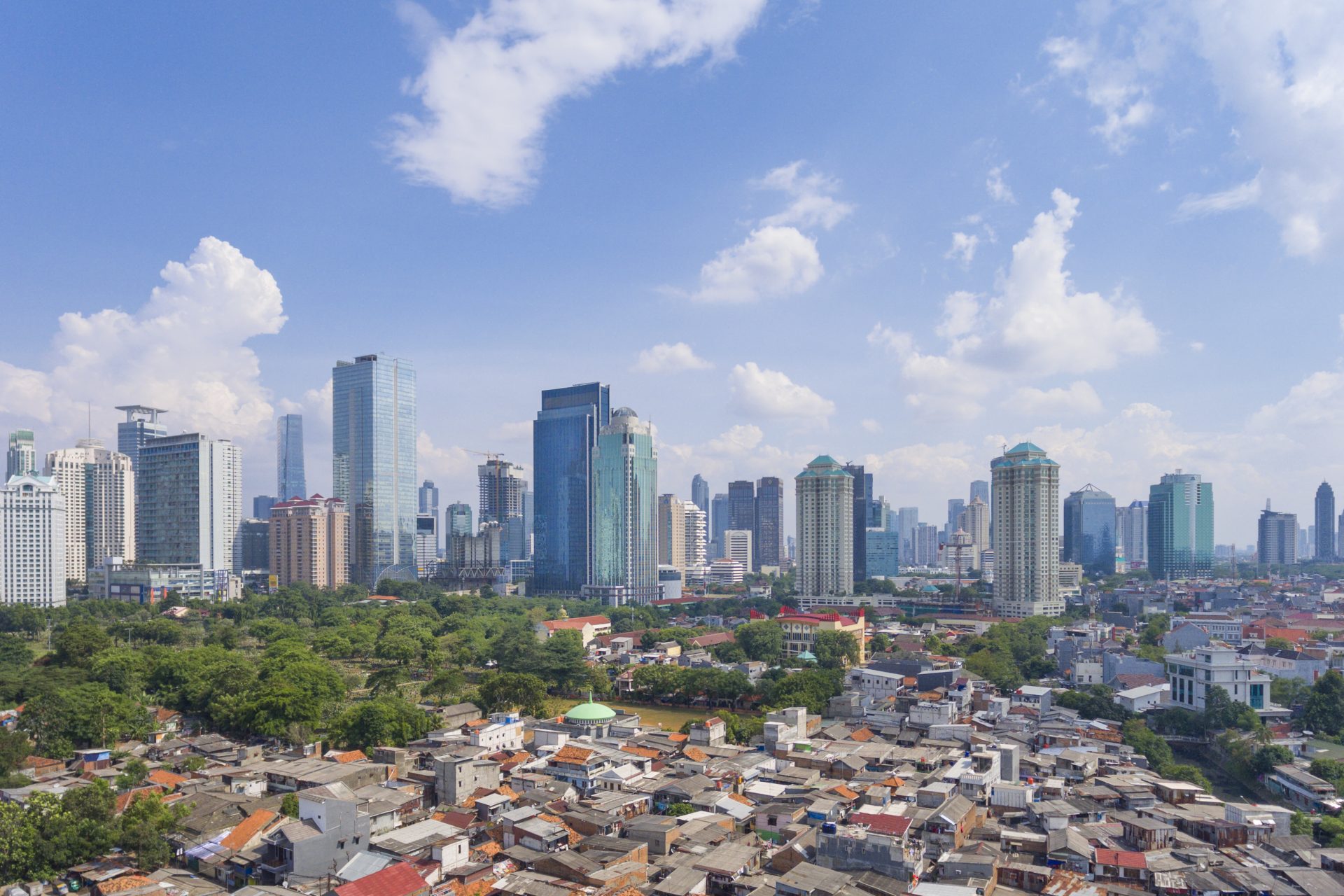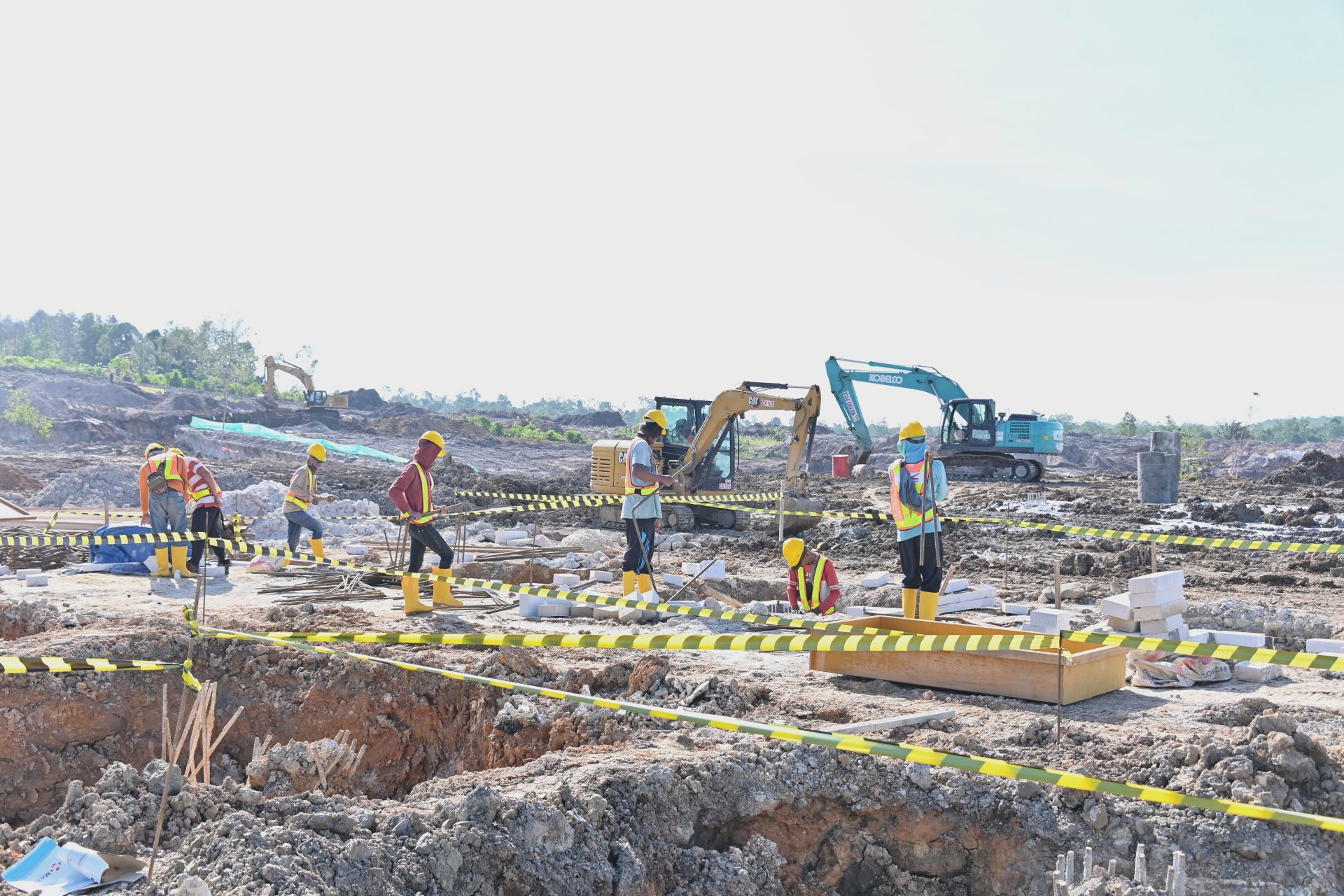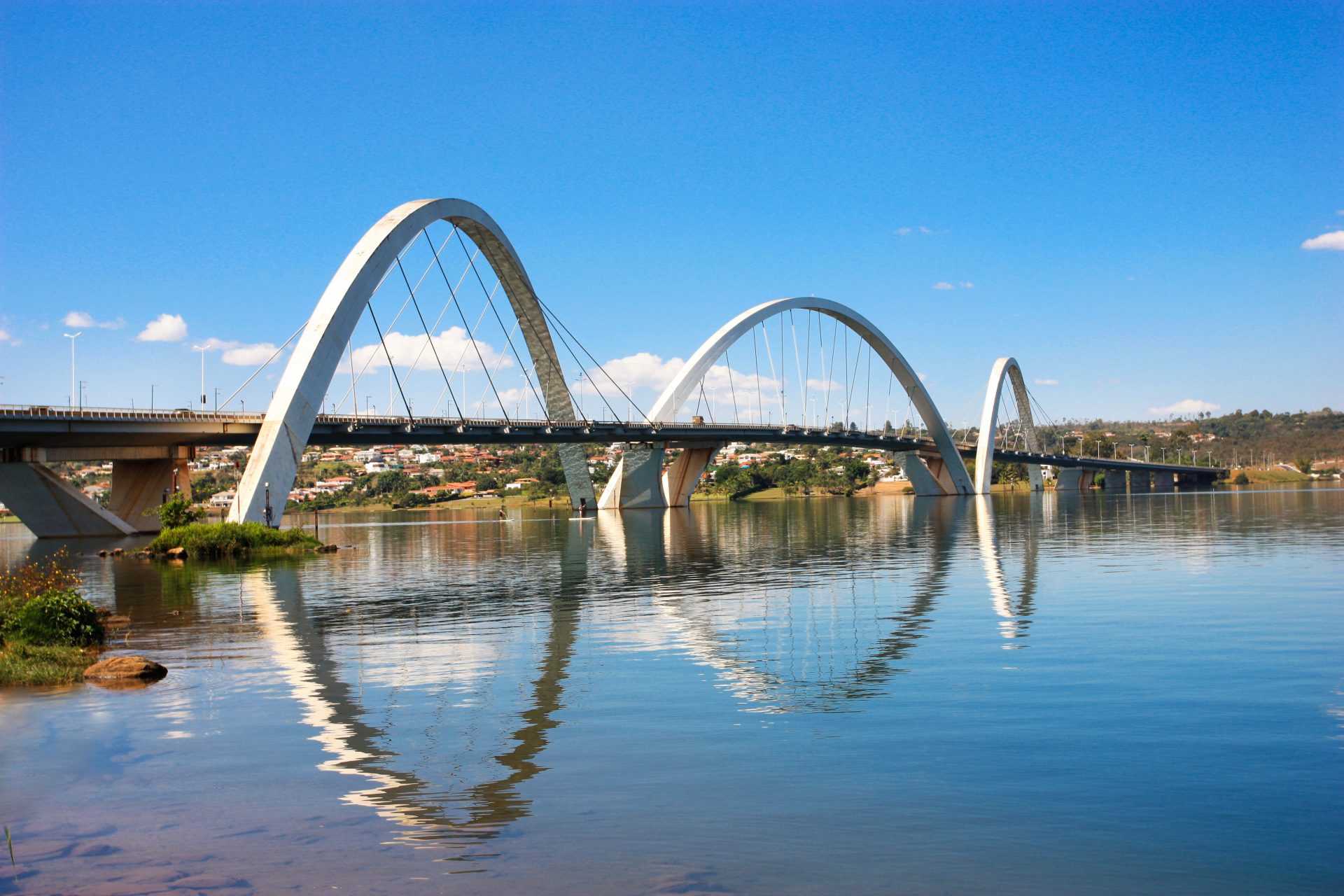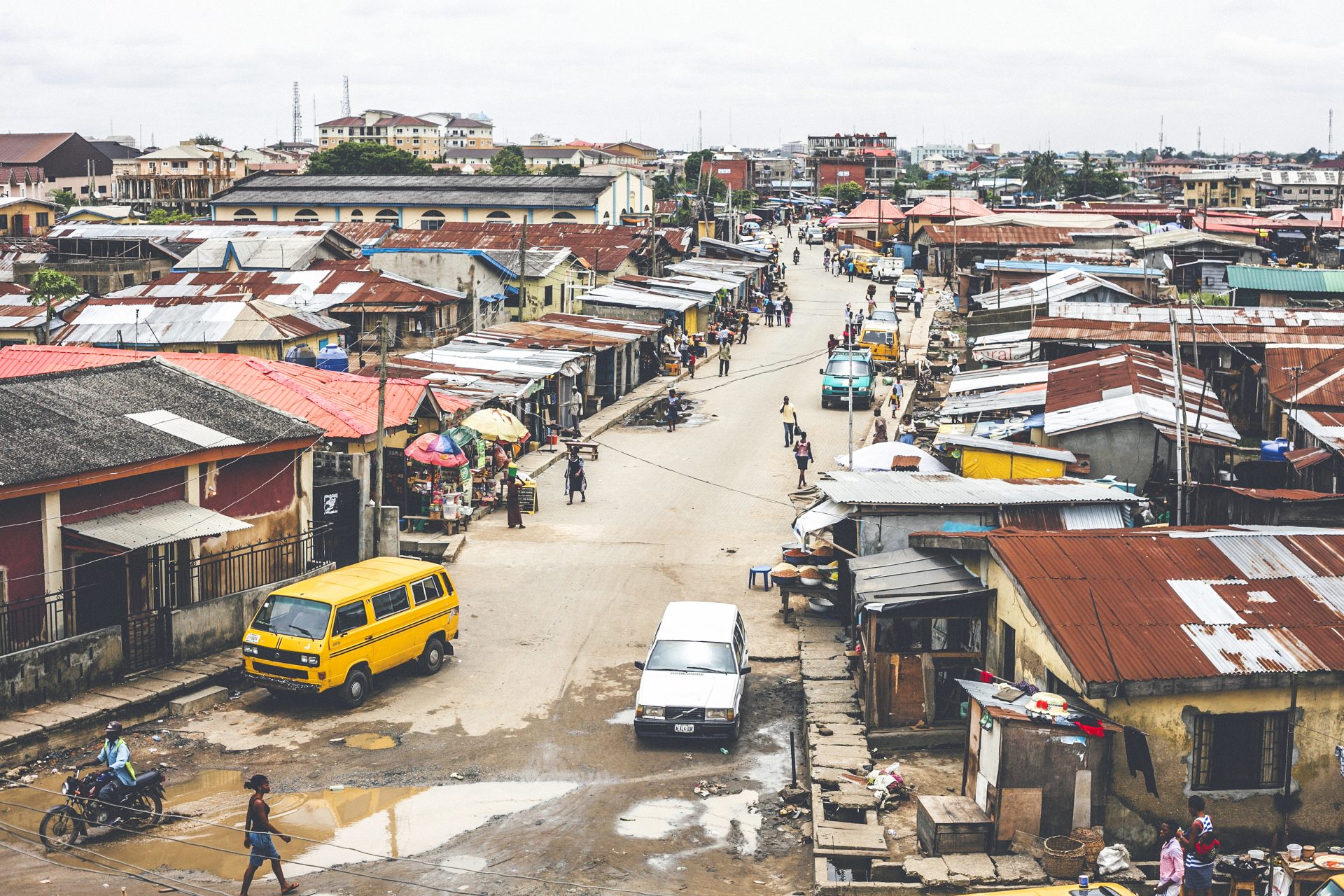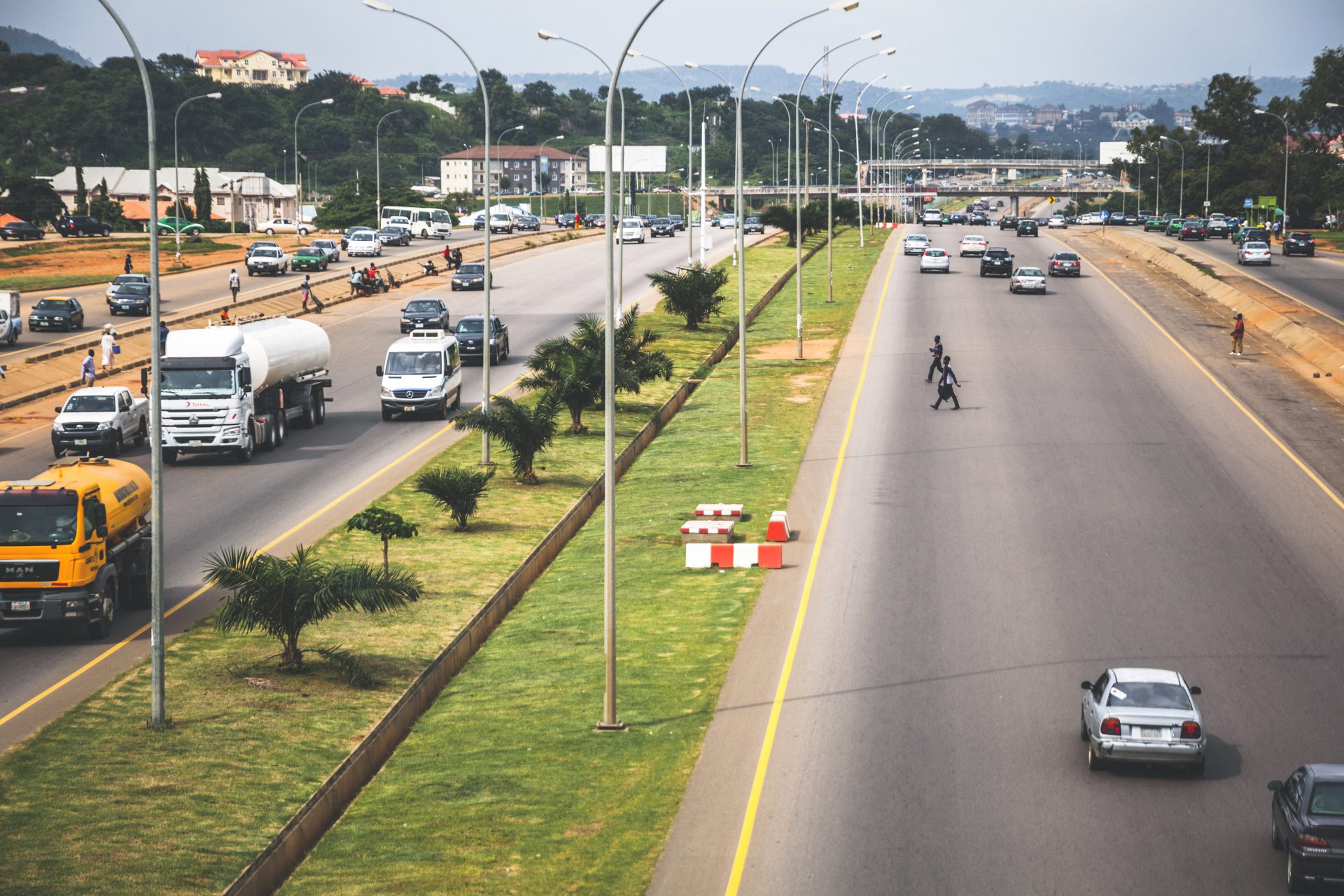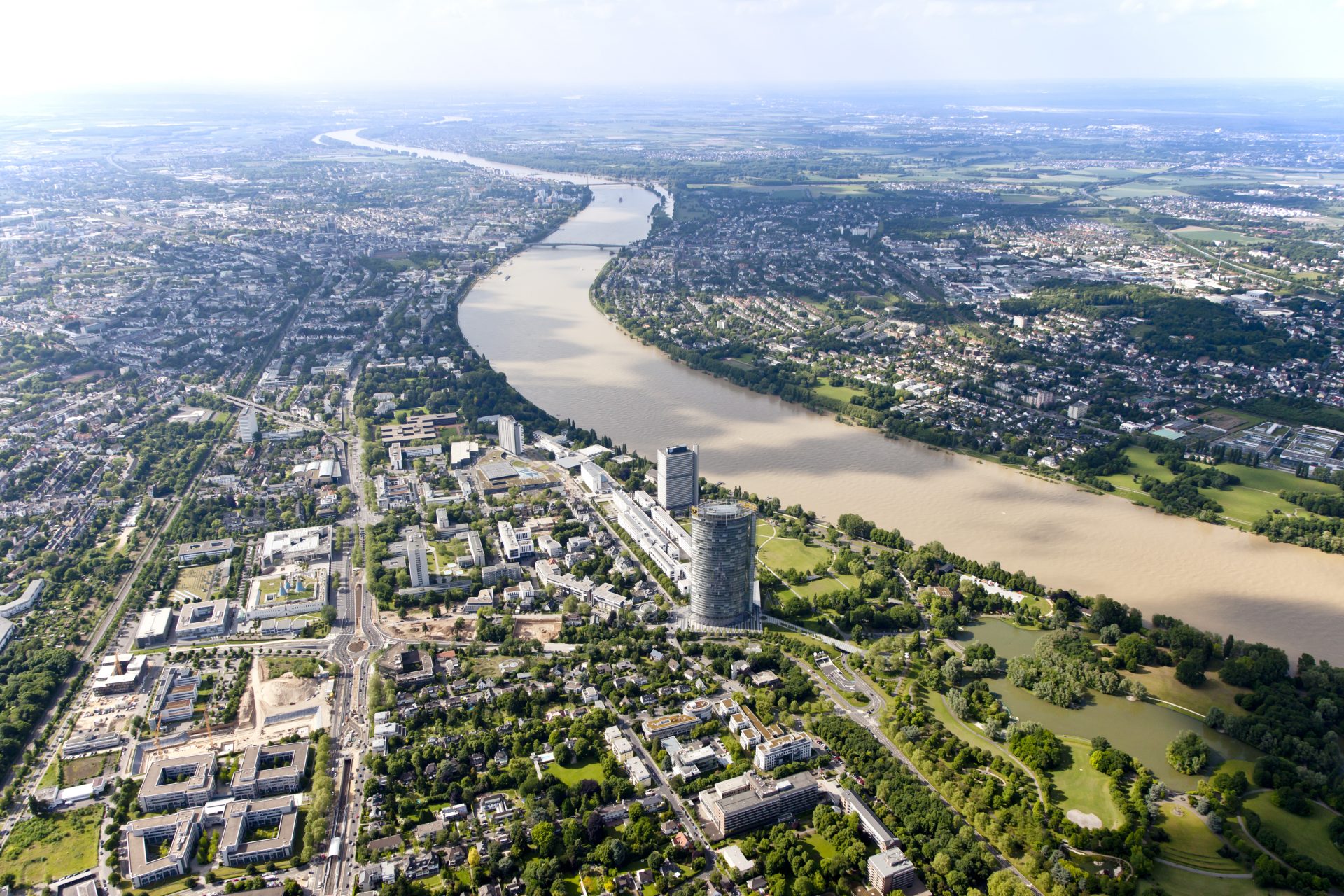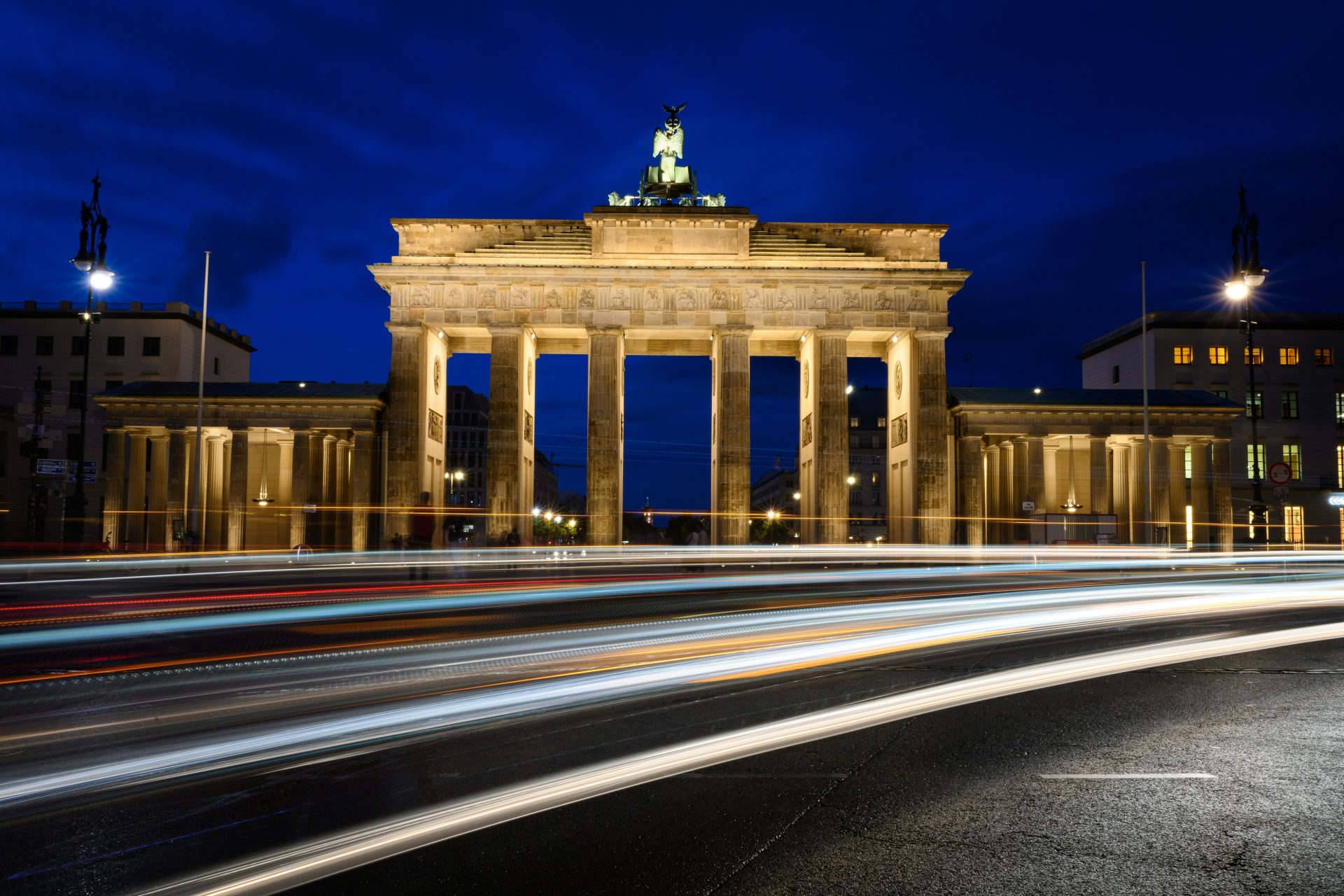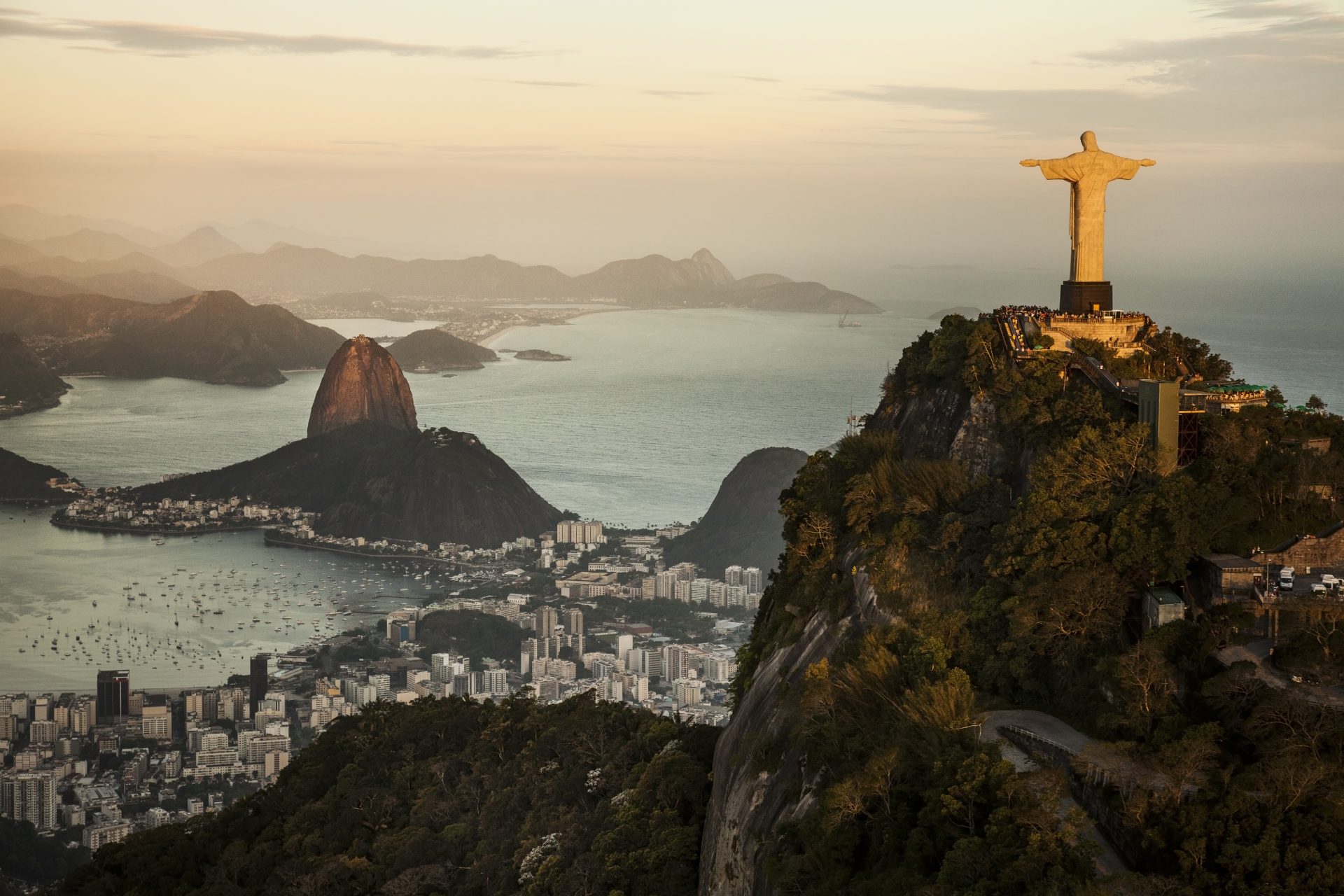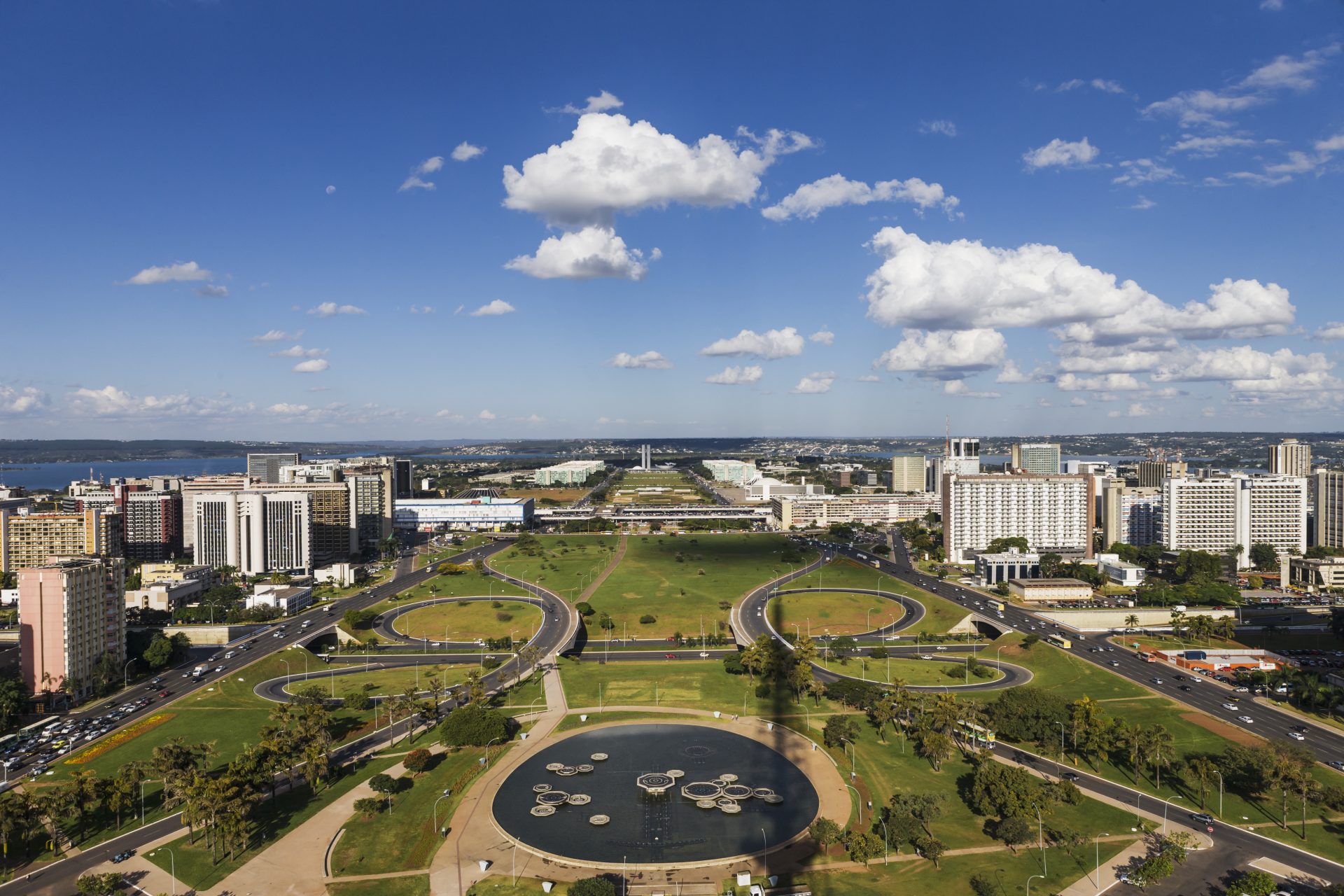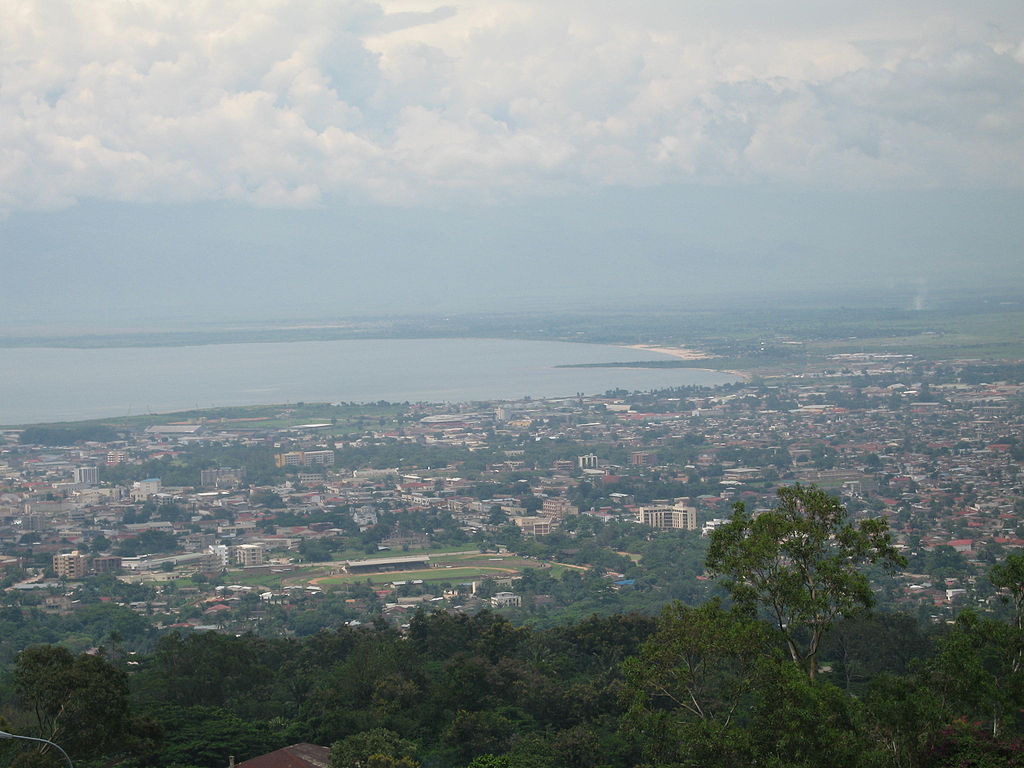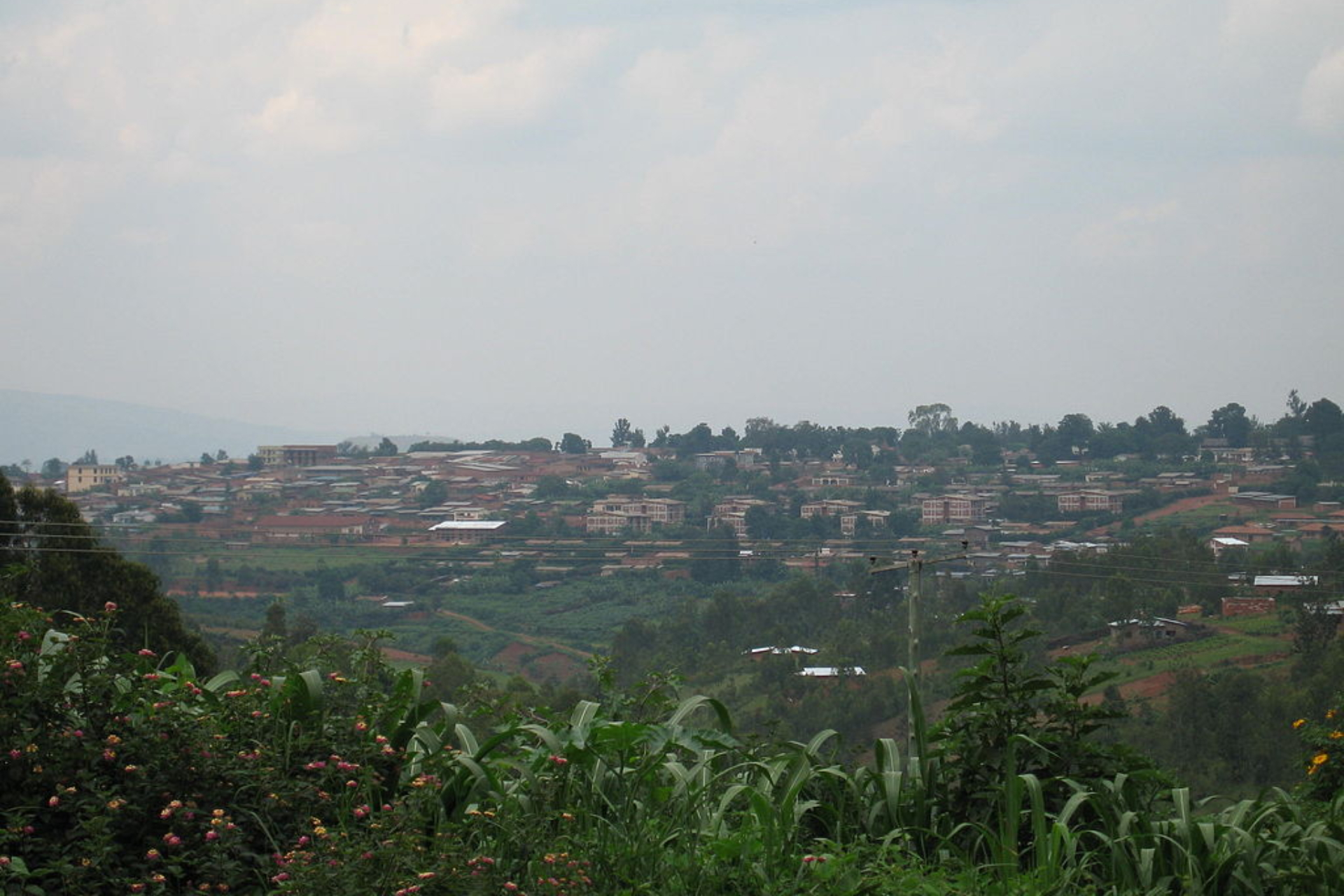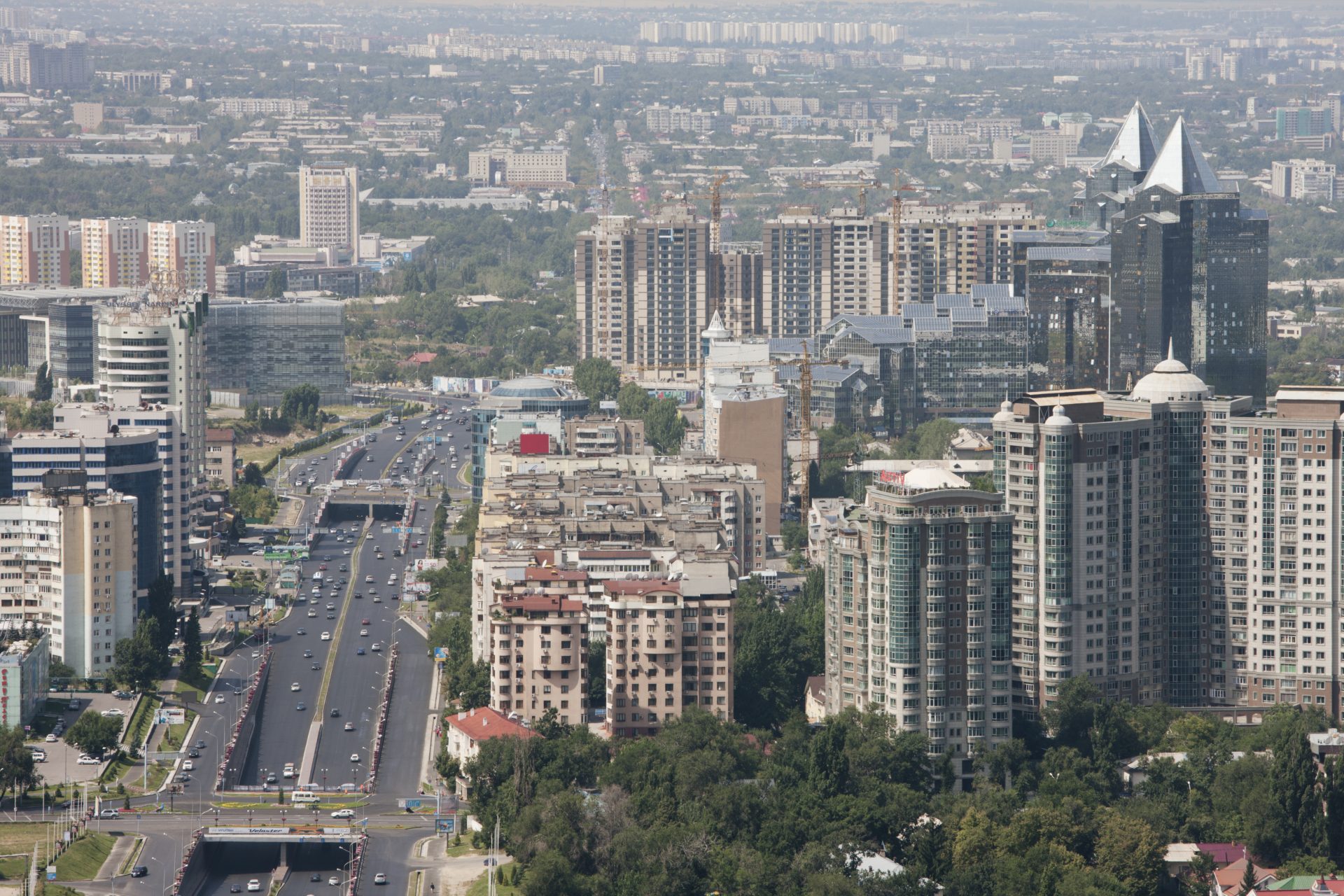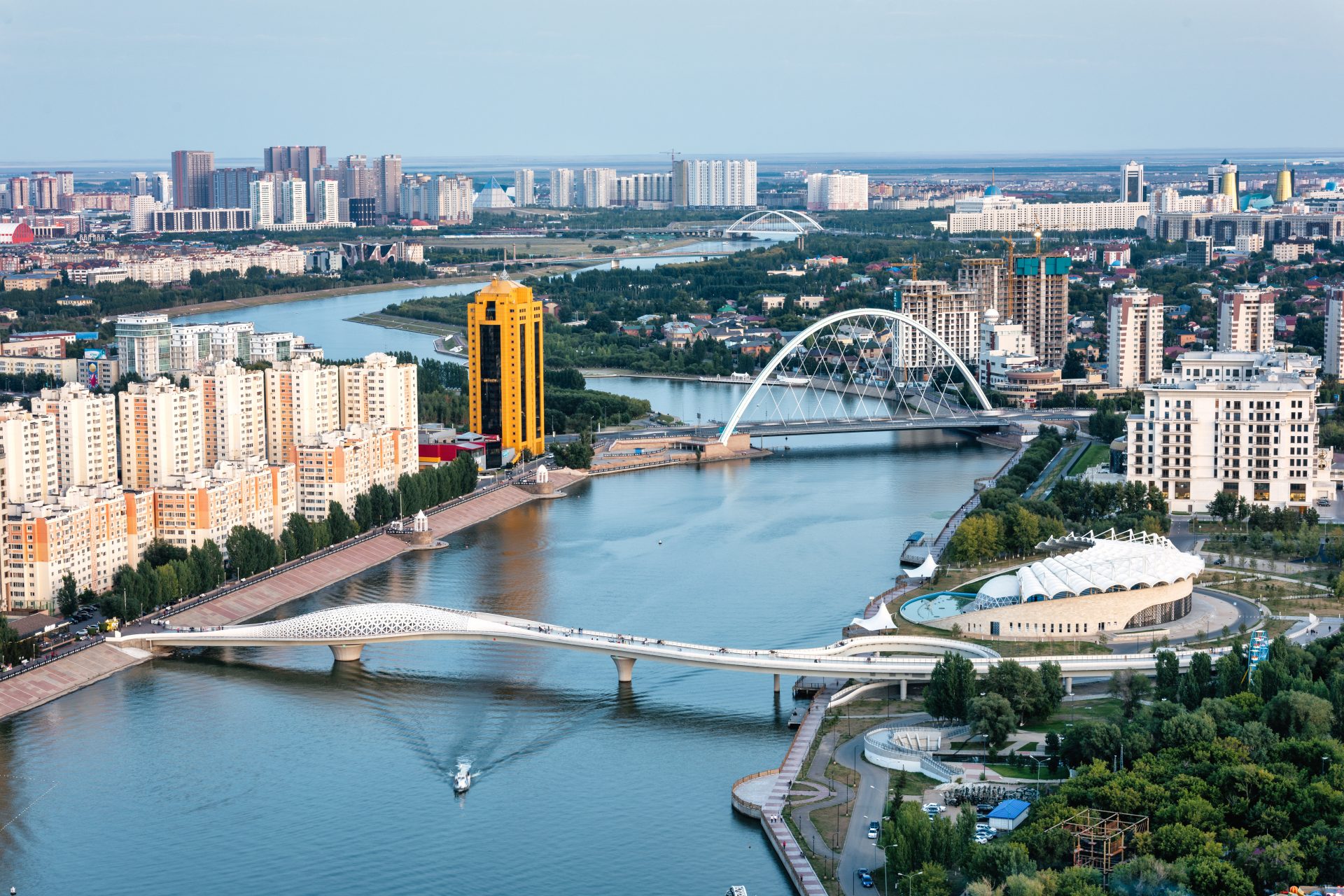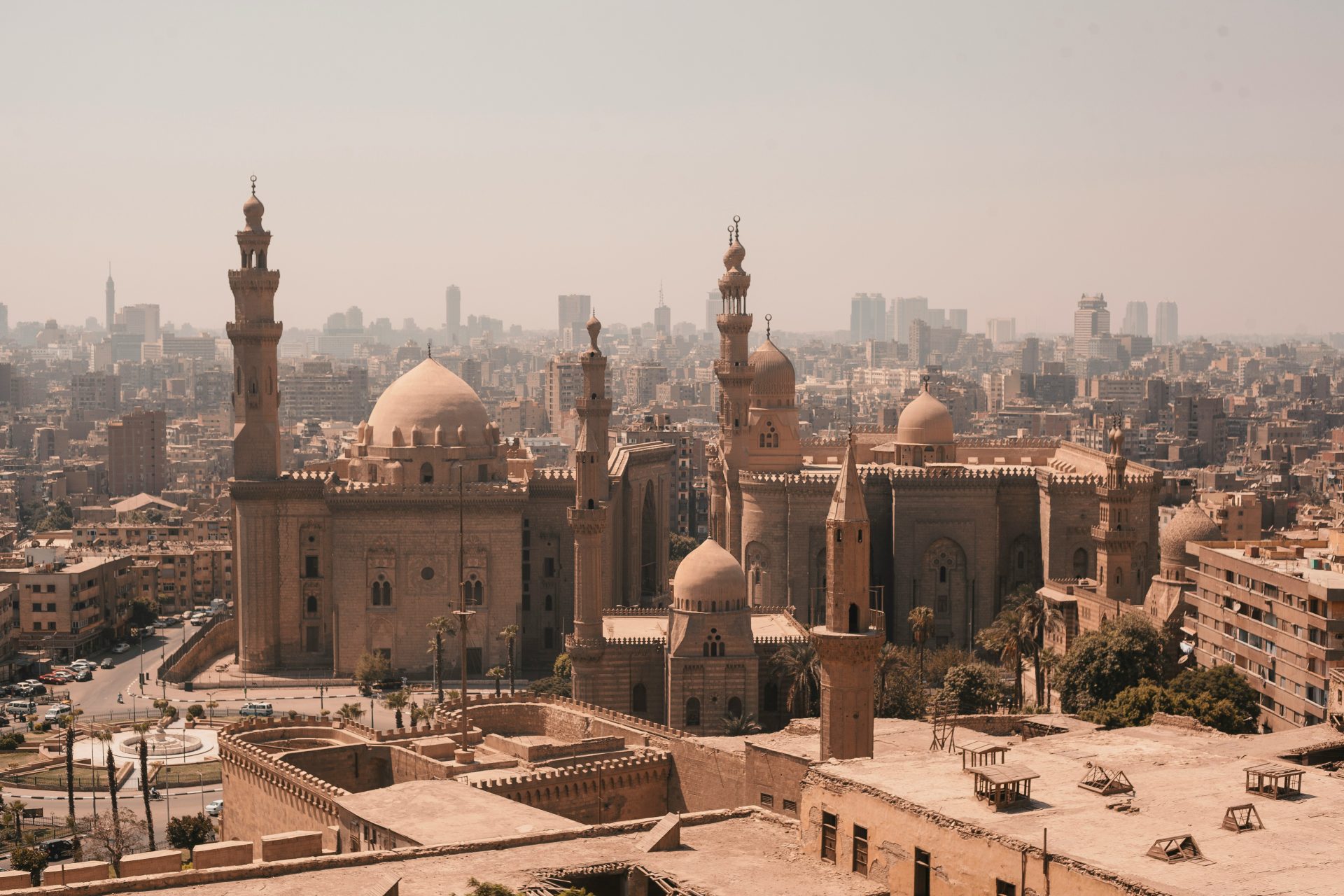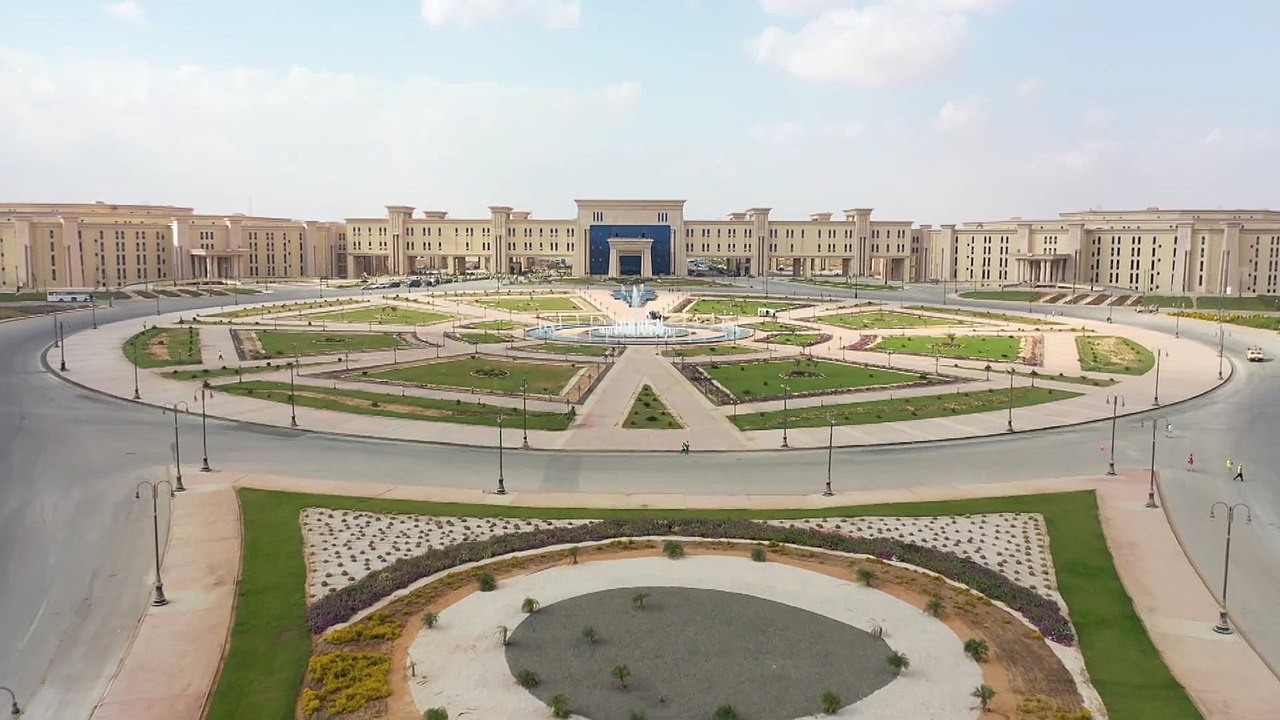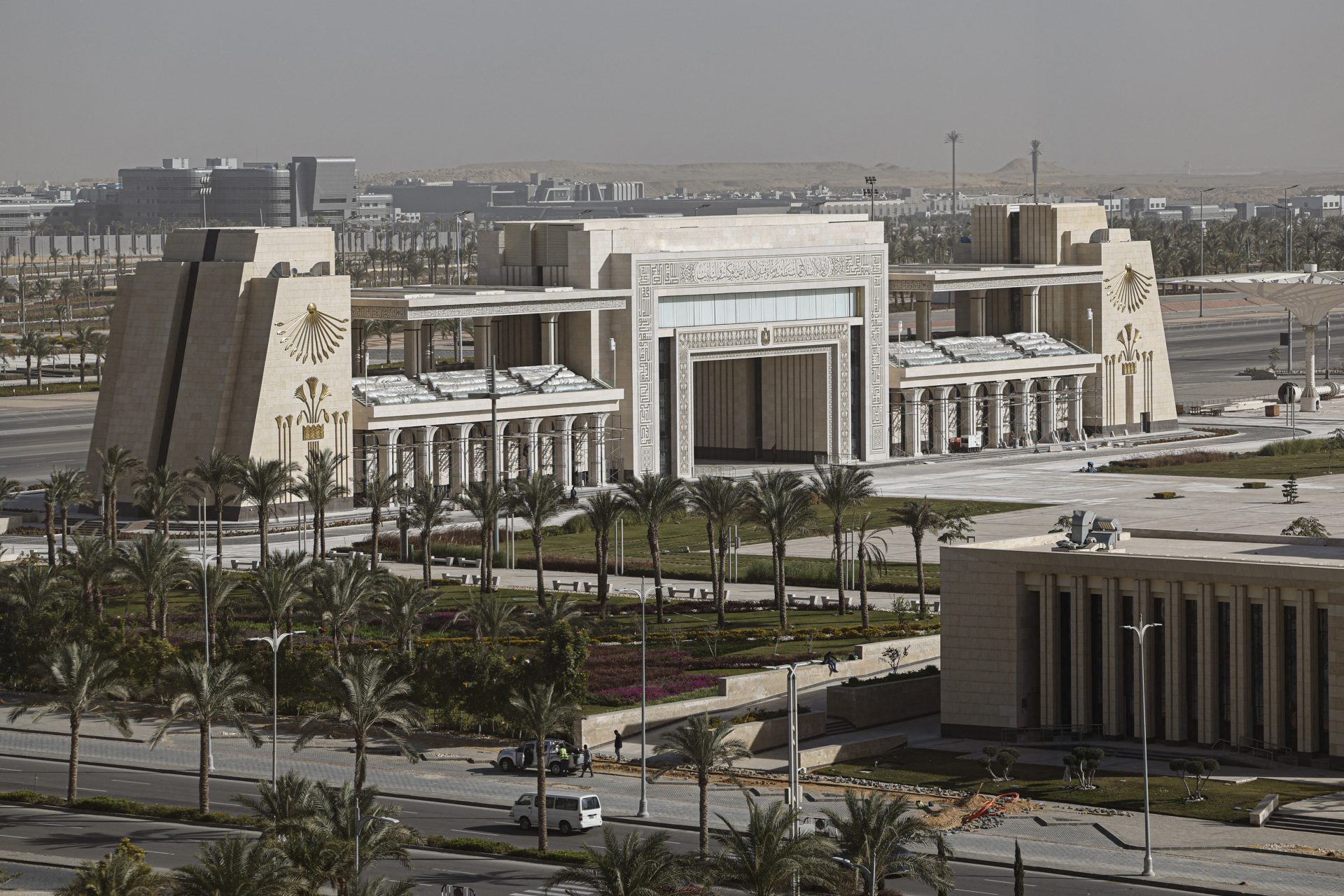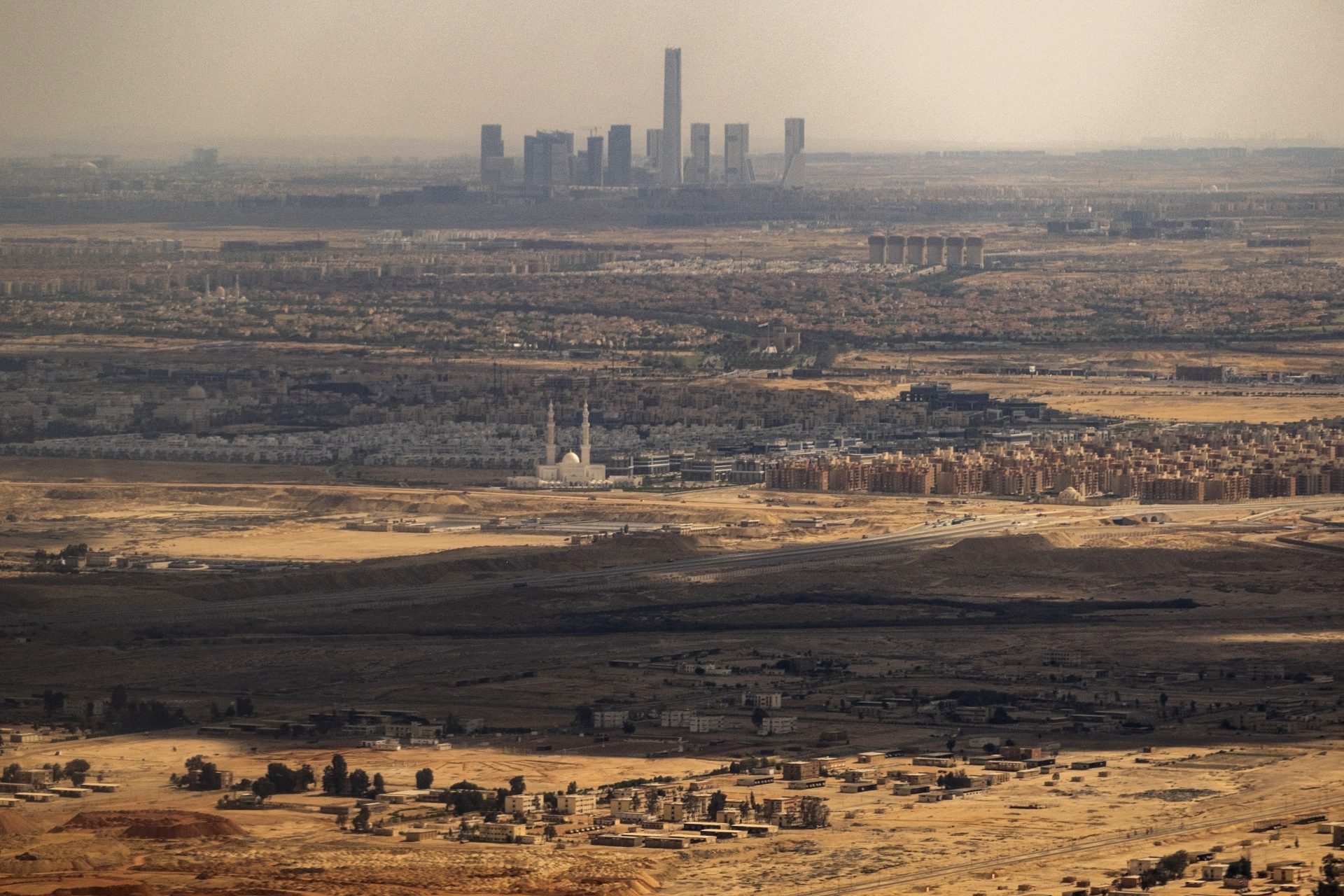Tales of two cities: why these countries changed their capitals
On the island of Java, Indonesia's current capital Jakarta is racing against time. It is sinking into the sea at an alarming rate of about 4 inches a year. This dire situation, fueled by rising sea levels and excessive groundwater extraction, has the Indonesian government packing its bags to move the capital.
Meet Nusantara, Indonesia's capital-in-the-making, set to cut the ribbon in August 2024. Nestled in the heart of Borneo's rainforest, this city is stirring up a storm of controversy. The construction threatens Borneo's delicate ecosystem and has led to the displacement of local communities.
Don't want to miss more cultural news and analysis? Follow us here!
Like Indonesia, several countries have shifted their capitals for various reasons. Let's dive into some of these interesting stories!
Before 1991, Lagos was the heartbeat of Nigeria, dominated by the Yoruba tribe, one of the country's three major ethnic groups. To play fair, the Nigerian authorities decided to relocate the capital to a more neutral spot.
Positioned in the heart of Nigeria, Abuja took over as the political capital on December 12, 1991. Since then, it's blossomed into a bustling hub of economic activity and cultural diversity, celebrated for its ethnical, cultural, and religious melting pot.
Nestled in North Rhine-Westphalia, Bonn is not just famous for being Beethoven's birthplace but it also served as West Germany's capital for nearly 40 years, from 1949 to 1990.
After Germany's reunification, Berlin reclaimed its status as the capital. However, the Bonn-Berlin Act of 1994 ensured Bonn didn't get left behind, keeping some ministry seats there. But this split has sparked an environmental debate due to the extensive travel, especially flights, required between the two cities.
Photo : Lars Kuczynski / Unsplash
Rio de Janeiro, once the capital from 1763 to 1960, witnessed Brazil's journey from a Portuguese colony to an empire, and eventually, a republic. In 1956, President Juscelino Kubitschek envisioned a new capital to ease coastal congestion and distribute population and economic activities more evenly.
Don't want to miss more cultural news and analysis? Follow us here!
Brasilia stands out as one of the few cities globally designed before its construction. Imagined by Brazilian architects Oscar Niemeyer and Lucio Costa, disciples of Le Corbusier, its bird-like layout and futuristic buildings have earned it a spot on UNESCO's World Heritage list.
Burundi, a quaint East African country, had Bujumbura as its political hub from 1962 until 2018. The city, situated in the west, was a stronghold of the opposition, which, along with geographical reasons, prompted President Pierre Nkurunziza in 2007 to consider moving the capital.
Photo : Wikimedia Commons
While Bujumbura retains its status as the economic heart, Gitega, centrally located, now wields the political power. Gitega isn't new to the spotlight; it played a pivotal role during both the German and Belgian colonial eras.
Photo : Wikimedia Commons
Almaty, or "city of apples," was Kazakhstan's capital under Soviet rule from 1929 to 1997 and remains a vital economic and cultural center.
In a bid for a more centrally located capital and to underscore the nation's independence, Kazakhstan transitioned its capital to Astana in 1997. In 2019, Astana was renamed Nur-Sultan, honoring former President Nursultan Nazarbayev, but that was revoked in 2022. This city actually holds the Guinness World Record for the capital city with the most name changes in modern times.
Cairo, a city steeped in history since the 10th century, is bursting at the seams. This northern Egyptian capital, struggling under the weight of traffic and its 23 million residents, is set for a monumental shift.
Photo : Omar Elsharawy / Unsplash
The dream of a new capital has floated since the 1970s but took concrete shape under President Al-Sissi in 2016, with a workforce of 200,000.
Photo : Wikimedia Commons
Emerging from the desert sands 28 miles (45km) from Cairo, this yet-to-be-named city, affectionately dubbed "Sissi-City," hosts Africa's tallest tower, The Iconic Tower, and plans for an urban paradise with endless shopping malls, green spaces, and cutting-edge residential areas are underway.
While the project initially sparked excitement, it faces criticism over its exorbitant costs amid Egypt's teetering economy. As austerity bites, the Egyptian populace grapples with a reality far removed from the grandeur of their future capital.
Don't want to miss more cultural news and analysis? Follow us here!

